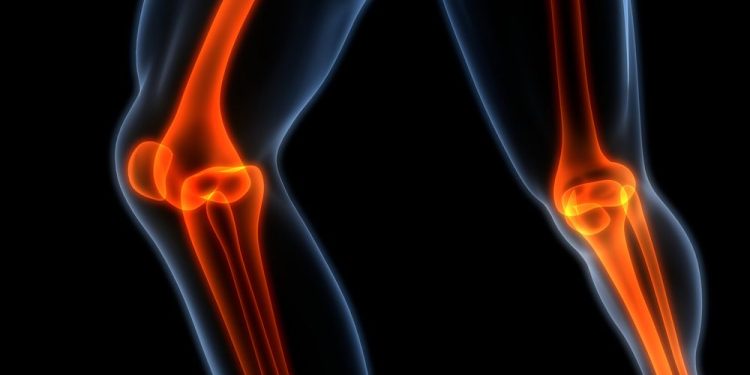Bone cancer is rare, with around 550 cases diagnosed each year in the UK. It usually develops in a bone, but can also start in the soft tissue surrounding a bone, or in the cartilage which lines joints. There are three main types of primary bone cancer: osteosarcoma, Ewing sarcoma and chondrosarcoma.
The most common symptom of bone cancer is pain in the affected area. This may feel like a dull, persistent or sharp pain and it may get worse over time. You may also notice that a bone is slightly tender to touch. If the tumour is near a joint, it can cause swelling which makes it hard to use the joint and you may walk with a limp. A tumour can weaken a bone, making it break (fracture) easily, especially after a minor injury or fall. It’s also possible for the cancer to spread to other parts of the body, such as the lungs, which can cause chest pain, breathlessness or loss of weight (anemia).
If you have any of these symptoms, talk to your GP. They’ll ask you how long you’ve been having them and how they affect your daily life. They’ll also examine you, looking for a lump or any signs of inflammation. They may refer you to a specialist for further tests and scans.

There are a number of tests that can help diagnose bone cancer. These include x-rays, blood tests and a biopsy. X-rays can show whether a bone is damaged, or whether there’s a mass on the bone. A biopsy is a small sample of cells taken from the affected area to be examined in a laboratory.
Your treatment options will depend on the type of bone cancer and how far it has spread. It’s likely that you’ll have surgery, chemotherapy and radiotherapy as part of your treatment plan. You may also be given a drug called mifamurtide, which encourages your immune system to kill cancerous cells. This is normally recommended for young people with high-grade osteosarcoma and can be used before or after surgery to improve chances of a cure.
You’ll have regular appointments with your GP, orthopaedic specialists and cancer nurses. These will be to check your recovery and to make sure the cancer hasn’t returned. You’ll also have regular MRI and CT scans to see how the tumour is affecting your bones and other tissues. A PET scan can also show how the tumour is affecting your body.
It’s normal to feel shocked, upset or anxious when you first hear that you have bone cancer. But there are lots of things you can do to help yourself cope. It might help to join a support group for people with bone cancer or for carers. You could also contact a cancer peer support group or cancer care nurse for help and advice.









